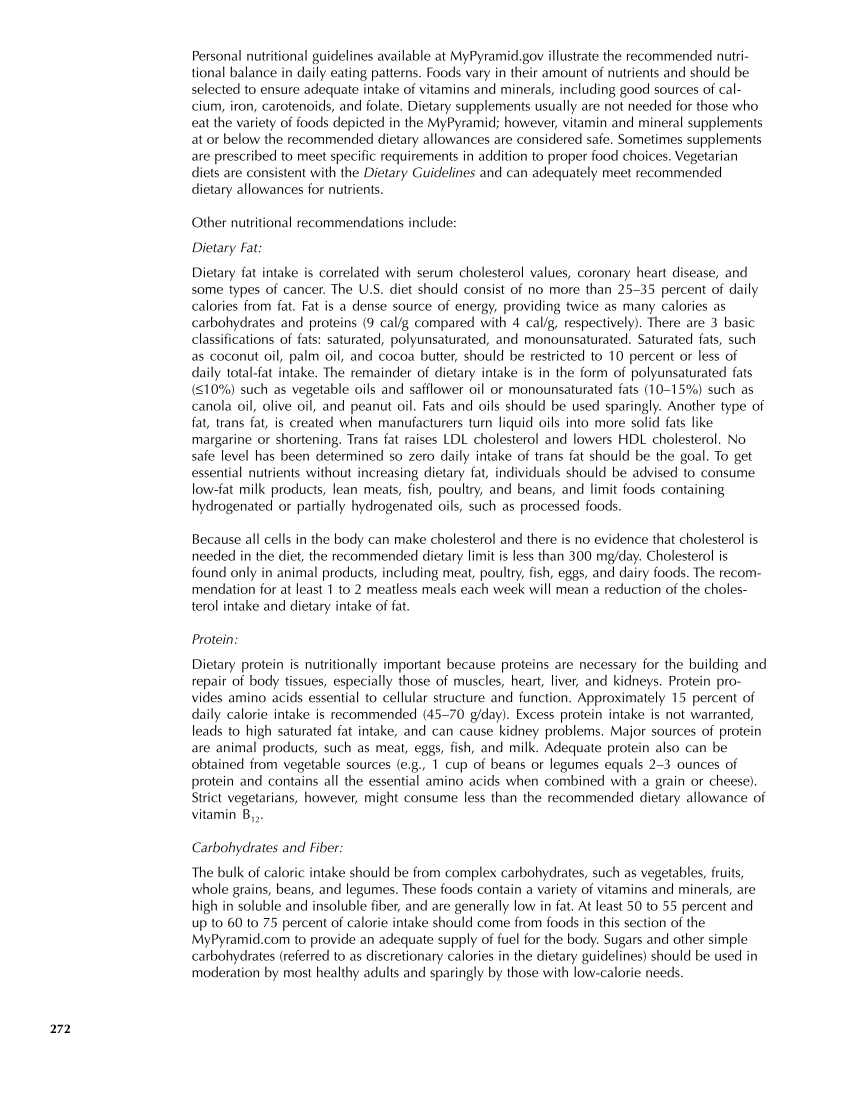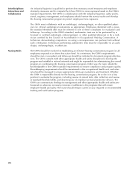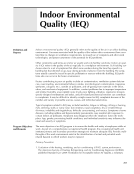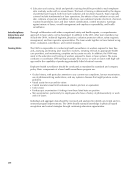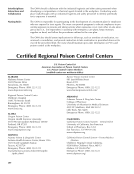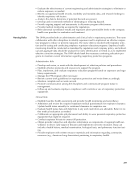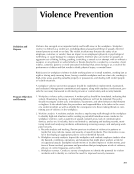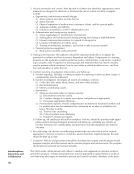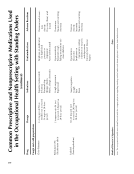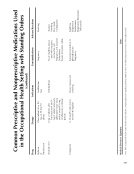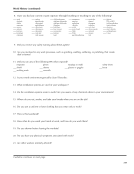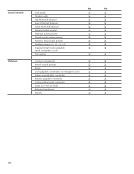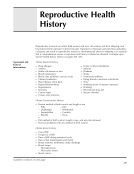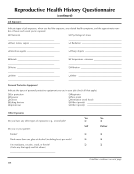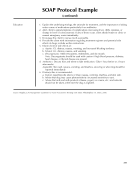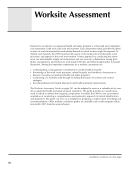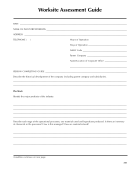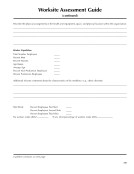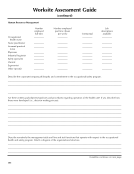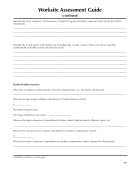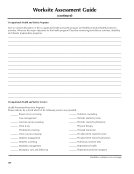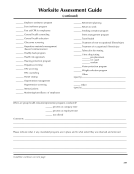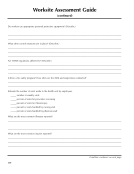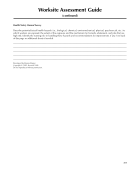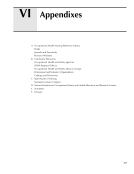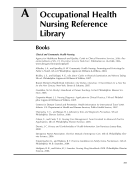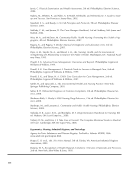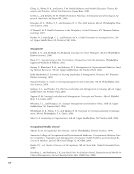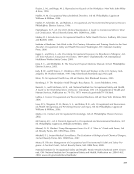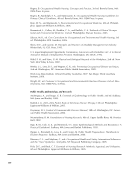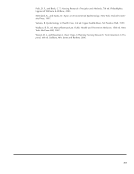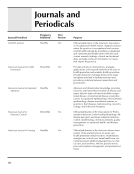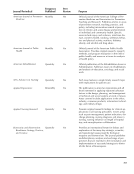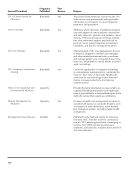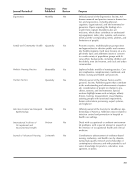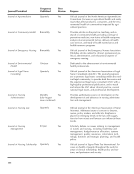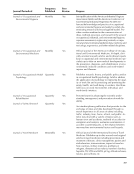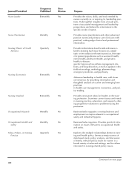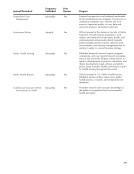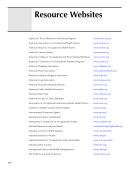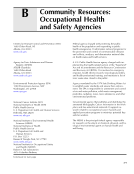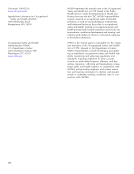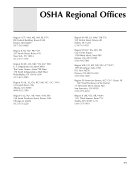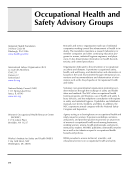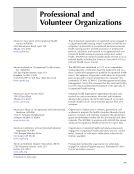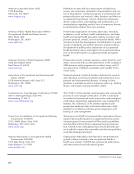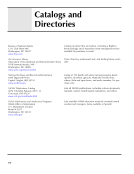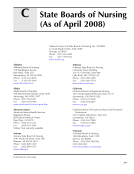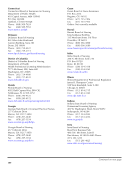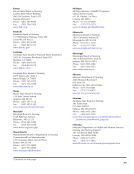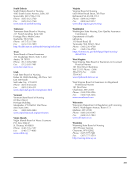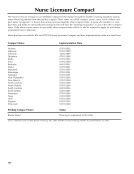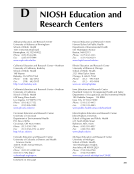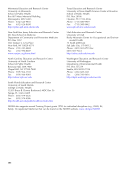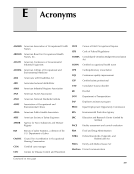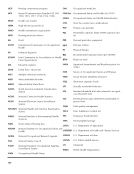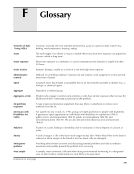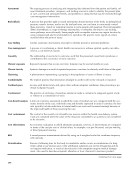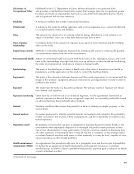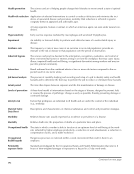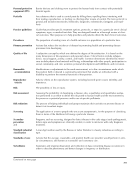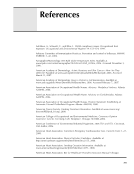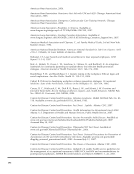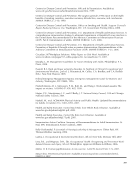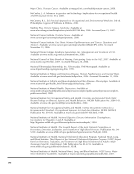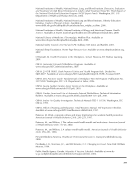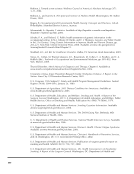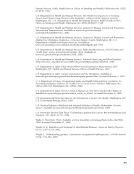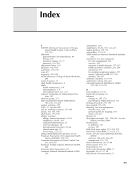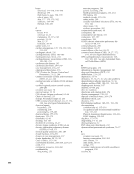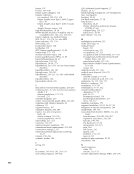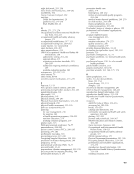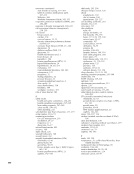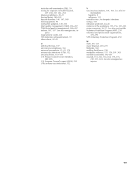Personal nutritional guidelines available at MyPyramid.gov illustrate the recommended nutri- tional balance in daily eating patterns. Foods vary in their amount of nutrients and should be selected to ensure adequate intake of vitamins and minerals, including good sources of cal- cium, iron, carotenoids, and folate. Dietary supplements usually are not needed for those who eat the variety of foods depicted in the MyPyramid however, vitamin and mineral supplements at or below the recommended dietary allowances are considered safe. Sometimes supplements are prescribed to meet specific requirements in addition to proper food choices. Vegetarian diets are consistent with the Dietary Guidelines and can adequately meet recommended dietary allowances for nutrients. Other nutritional recommendations include: Dietary Fat: Dietary fat intake is correlated with serum cholesterol values, coronary heart disease, and some types of cancer. The U.S. diet should consist of no more than 25–35 percent of daily calories from fat. Fat is a dense source of energy, providing twice as many calories as carbohydrates and proteins (9 cal/g compared with 4 cal/g, respectively). There are 3 basic classifications of fats: saturated, polyunsaturated, and monounsaturated. Saturated fats, such as coconut oil, palm oil, and cocoa butter, should be restricted to 10 percent or less of daily total-fat intake. The remainder of dietary intake is in the form of polyunsaturated fats (≤10%) such as vegetable oils and safflower oil or monounsaturated fats (10–15%) such as canola oil, olive oil, and peanut oil. Fats and oils should be used sparingly. Another type of fat, trans fat, is created when manufacturers turn liquid oils into more solid fats like margarine or shortening. Trans fat raises LDL cholesterol and lowers HDL cholesterol. No safe level has been determined so zero daily intake of trans fat should be the goal. To get essential nutrients without increasing dietary fat, individuals should be advised to consume low-fat milk products, lean meats, fish, poultry, and beans, and limit foods containing hydrogenated or partially hydrogenated oils, such as processed foods. Because all cells in the body can make cholesterol and there is no evidence that cholesterol is needed in the diet, the recommended dietary limit is less than 300 mg/day. Cholesterol is found only in animal products, including meat, poultry, fish, eggs, and dairy foods. The recom- mendation for at least 1 to 2 meatless meals each week will mean a reduction of the choles- terol intake and dietary intake of fat. Protein: Dietary protein is nutritionally important because proteins are necessary for the building and repair of body tissues, especially those of muscles, heart, liver, and kidneys. Protein pro- vides amino acids essential to cellular structure and function. Approximately 15 percent of daily calorie intake is recommended (45–70 g/day). Excess protein intake is not warranted, leads to high saturated fat intake, and can cause kidney problems. Major sources of protein are animal products, such as meat, eggs, fish, and milk. Adequate protein also can be obtained from vegetable sources (e.g., 1 cup of beans or legumes equals 2–3 ounces of protein and contains all the essential amino acids when combined with a grain or cheese). Strict vegetarians, however, might consume less than the recommended dietary allowance of vitamin B12. Carbohydrates and Fiber: The bulk of caloric intake should be from complex carbohydrates, such as vegetables, fruits, whole grains, beans, and legumes. These foods contain a variety of vitamins and minerals, are high in soluble and insoluble fiber, and are generally low in fat. At least 50 to 55 percent and up to 60 to 75 percent of calorie intake should come from foods in this section of the MyPyramid.com to provide an adequate supply of fuel for the body. Sugars and other simple carbohydrates (referred to as discretionary calories in the dietary guidelines) should be used in moderation by most healthy adults and sparingly by those with low-calorie needs. 272
Purchased from OEM Press by (ge corporate access). (C) 2013 OEM Health Information, Inc. All rights reserved.
